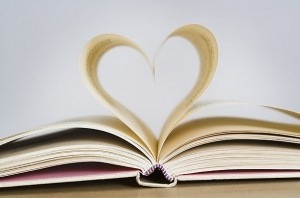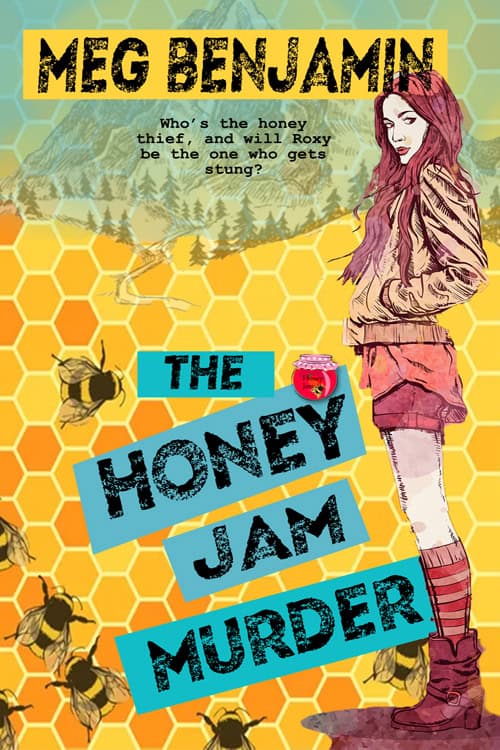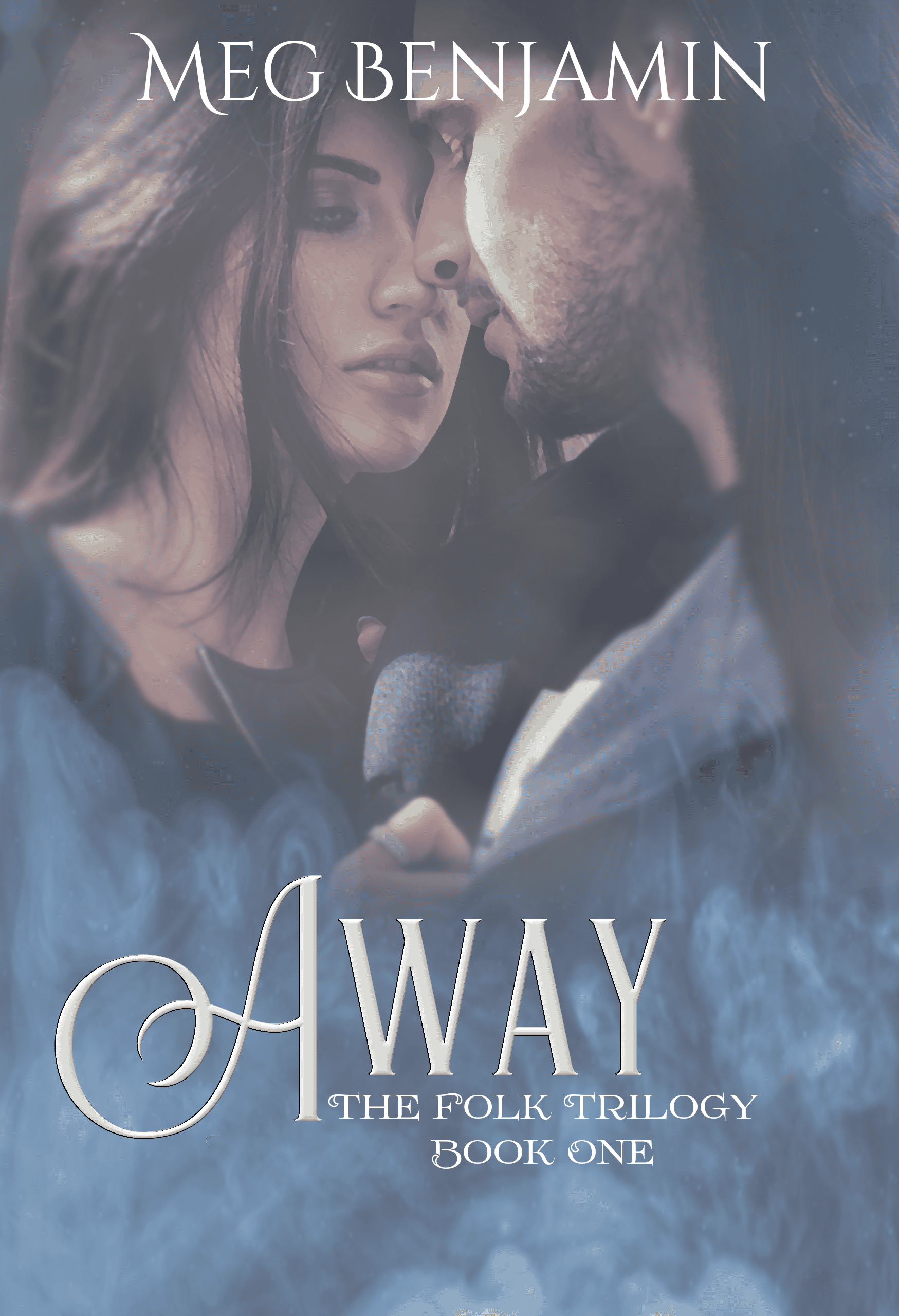The "Harlequin Romance" Putdown
 So I’m reading the reviews at Rotten Tomatoes one fine Monday afternoon, just because it’s an entertaining quick snapshot of how a particular movie did over the weekend, and I stumble across the reviews of The Lucky One. For those of you who have already forgotten, this was the latest Nicholas Sparks movie, starring Zac Ephron as an anguished former Marine. Now we could talk about whether Sparks writes romance or not (and I’d be at a disadvantage because I’ve never read his stuff), but what really caught my eye was this bit from a review by Sara Stewart in the New York Post: “I’m beginning to think writer Nicholas Sparks isn’t one person at all, but a roomful of ladies doing Harlequin-romance Mad Libs.”
So I’m reading the reviews at Rotten Tomatoes one fine Monday afternoon, just because it’s an entertaining quick snapshot of how a particular movie did over the weekend, and I stumble across the reviews of The Lucky One. For those of you who have already forgotten, this was the latest Nicholas Sparks movie, starring Zac Ephron as an anguished former Marine. Now we could talk about whether Sparks writes romance or not (and I’d be at a disadvantage because I’ve never read his stuff), but what really caught my eye was this bit from a review by Sara Stewart in the New York Post: “I’m beginning to think writer Nicholas Sparks isn’t one person at all, but a roomful of ladies doing Harlequin-romance Mad Libs.”
This is, when you think about it, a real compendium of insults for romance readers and writers. They’re all “ladies.” And they all read Harlequin, which is, apparently, the only romance publisher out there. And Harlequin, according to this POV, is the absolute nadir of popular fiction.
This isn’t the first time I’ve seen that “Harlequin romance” gibe. Apparently, writers like Stewart use it to mean “second rate, blathering fiction read only by intellectually challenged women.” Which, of course, means that Stewart herself has probably never read a Harlequin romance. In fact, my guess is that Stewart has probably never read a romance novel at all, or at least that she’d never admit it.
You notice that other publishing companies don’t take similar hits. Sci-fi publishers, techno thriller publishers, and western publishers all get a pass. But if you use the phrase “Harlequin romance” in a mainstream publication, it’s clearly a code for all the prejudices the literary establishment has against romance writing.
I’ve never written for Harlequin, but I’ve read Harlequin books, just like most romance readers (I’ve also read books published by just about everyone else in the business). Unlike Stewart and people like her, I also know that Harlequin isn’t monolithic. Like most romance publishers it has a variety of lines, ranging from the mild (e.g., Love Inspired) to the decidedly spicy (e.g., Nocturne) and including a couple of single title imprints (Mira and HQN). Referring to a “Harlequin romance” is sort of like referring to a “Warner Brothers movie.” Once upon a time the phrase might have had some significance. Now it doesn’t.
But it isn’t really Harlequin that Stewart is after. It’s romance in general. To get all lit crit on you, she’s using Harlequin as a metonym, in which one publisher stands for the entire genre. I doubt that Stewart realizes that there’s any difference between Harlequin and, say, Ellora’s Cave. For her, they’re all romance, they’re all the same, and they all suck.
There’s really no point in arguing this by now. Those of us who read and write romance know what the prevailing wisdom is about our genre, at least among the literary establishment. But here’s a thought—the next time you hear somebody sneer about “Harlequin romance,” ask them how many Harlequins they’ve read. When they say none (and believe me, they will), ask them just what they’re basing their opinion on. You won’t convert them because probably nobody could. But at least you might make them think.
Posted in Blog • Tags: Harlequin romance, On Reading, romance writing | 4 Comments









Such a good post, Meg, and so very true. I do think that lots of people use Harlequins and romances in general as shorthand for some sort of low-class, dumbed down, overly emotional story, which is truly offensive to those of us who have actually read any!
So true! I wish we could just get people like Stewart to read a couple of romances. They might not like them, but at least they’d realize the diversity of the genre!
Fantastic post. I think some people need to read a Harlequin and then say something. Some people just don’t think before they spit out words.
Indeed they don’t!